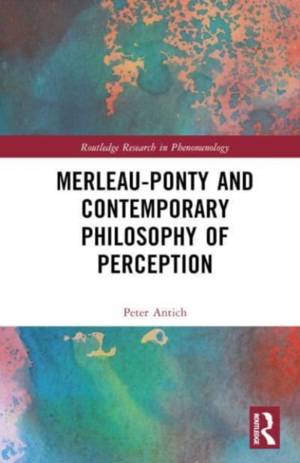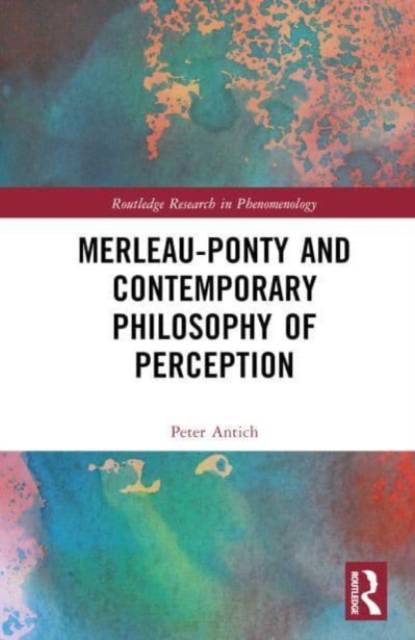
- Afhalen na 1 uur in een winkel met voorraad
- Gratis thuislevering in België vanaf € 30
- Ruim aanbod met 7 miljoen producten
- Afhalen na 1 uur in een winkel met voorraad
- Gratis thuislevering in België vanaf € 30
- Ruim aanbod met 7 miljoen producten
Omschrijving
This book draws on Merleau-Ponty's phenomenology to develop new and promising solutions to contemporary debates about perception. In providing an extension and defense of Merleau-Ponty's account of perceptual content and of the relation between perception and the world, it demonstrates the value of Merleau-Ponty's insights for philosophy of perception today.
The author focuses on two main topics: the contents and the nature of perception. In the first half of this book, the author tackles debates about the content of perception, namely, what sorts of properties or features of the world reveal themselves to us in perception and in what modes. Drawing on Merleau-Ponty's description of perceptual "sense," the author argues that perception has a unique kind of content, which cannot be adequately described in terms of sensations or concepts. He then shows how this account of perceptual sense can clarify debates about the richness of perceptual content, including whether we can perceive moral properties. In the second half, he turns to the nature of perception. Here he argues that Merleau-Ponty's account of perceptual intentionality makes available a powerful combination of the core insights of two main contemporary approaches to this question: realism and intentionalism. The author shows how this combination can be developed, defends it from objections, and explains how it is equipped to deal with problems posed by the existence of illusions and hallucinations.
Merleau-Ponty and Contemporary Philosophy of Perception will appeal to scholars and advanced students working on phenomenology and the philosophy of perception.
Specificaties
Betrokkenen
- Auteur(s):
- Uitgeverij:
Inhoud
- Aantal bladzijden:
- 211
- Taal:
- Engels
- Reeks:
Eigenschappen
- Productcode (EAN):
- 9781032265896
- Verschijningsdatum:
- 4/08/2023
- Uitvoering:
- Hardcover
- Formaat:
- Genaaid
- Afmetingen:
- 152 mm x 229 mm
- Gewicht:
- 467 g

Alleen bij Standaard Boekhandel
Beoordelingen
We publiceren alleen reviews die voldoen aan de voorwaarden voor reviews. Bekijk onze voorwaarden voor reviews.











